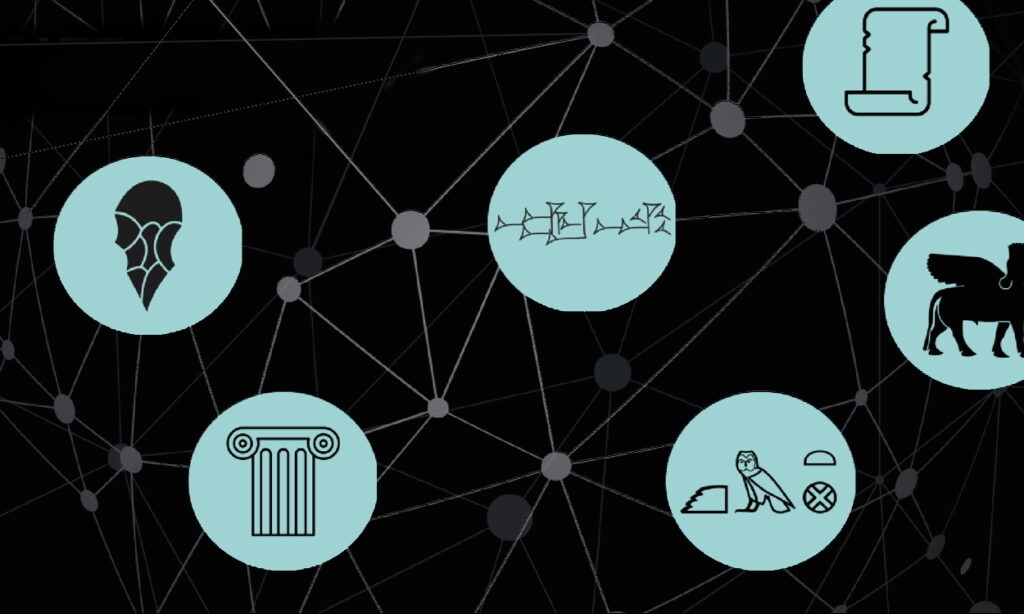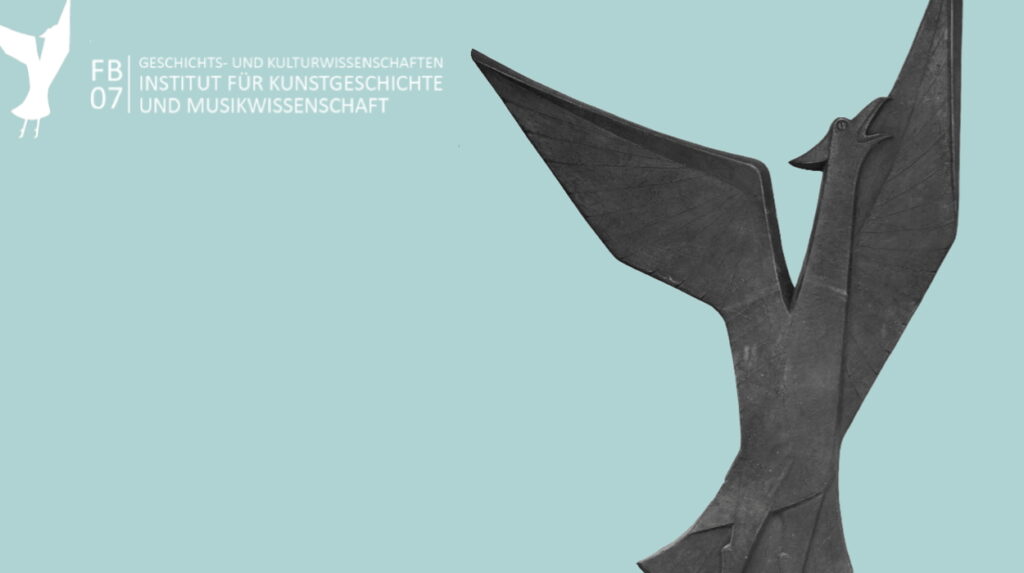The Faculty of History and Cultural Studies with its four institutes offers more than 30 study programs. You can find all study programs at JGU here.

The Institute for Ancient Studies (Institut für Altertumswissenschaften) covers a diverse range of fields exploring the languages and material cultures of ancient/past civilisations. These include Egyptology, Ancient Near Eastern Philology, Classical Archaeology, Classical Philology (Greek and Latin), Near Eastern Archaeology, and Prehistoric and Early Historic Archaeology.
- Ancient Near Eastern Studies B.A.
- Archaeology, Byzantine B.A.
- Archaeology, Classical B.A.
- Archaeology, Pre- and Protohistoric B.A.
- Archaeology, Ancient Near Eastern B.A.
- Archaeology and Philology in Classical Studies (ALPHA) B.A.
- Classical Philology: Latin B.A.
- Classical Philology: Greek B.A.
- Egyptology B.A.
- Greek B.Ed.
- Latin B.Ed.
- Archaeology and Philology in Classical Studies (ALPHA) M.A.
- Greek M.Ed
- Latin M.Ed.

The Department of Anthropology and African Studies (Institut für Ethnologie und Afrikastudien) at JGU Mainz stands out in Germany for its uniquely broad range of teaching and research activities. In addition to covering classic anthropological topics, it also explores development sociology and policy, modern popular culture—including literature, music, theater, and film—as well as the languages of Africa.

The Institute for Art History and Musicology (Institut für Kunstgeschichte und Musikwissenschaft) brings together the fields of Art History, Musicology, as well as Christian Archaeology and Byzantine Art History.

The Department of History (Historisches Seminar) covers various fields of historical study programs, organized into nine research areas defined by period, region, or thematic focus.
The inter-university Master’s degree program in Digital Humanities, with a focus on methodology, offers courses from four research institutes.
Subject with its own examination board
The Faculty offers the opportunity to achieve a Ph.D. (Dr. phil.) in the following fields:
- African Studies • Egyptology • Ancient History • Ancient Near Eastern Studies (Philology or Near Eastern Archaeology) • Byzantine Studies • Christian Archaeology and Byzantine Art History • Didactics of History • Anthropology • Greek Philology • Auxiliary Sciences of History • Classical Archaeology • Art History • Latin Philology • Medieval and Modern History • Musicology • Eastern European History • Pre – and Early Historic Archaeology
For further details, please refer to the guidelines provided by the central examination office (here).
The student mentoring program provides support with course scheduling, campus orientation, and other resources to ensure a great start to your studies.
Participants gain insight into academic requirements and receive technical assistance in organizing their studies. Senior students provide guidance on both the formal and content-related aspects of the program, as well as informal tips on university structures, procedures, and key contacts. This gives you the opportunity to quickly settle in, adapt to your new environment, connect with fellow students in your program, and become part of student networks.
More information here.
At the end of each semester, the faculty warmly invites graduates and their guests, family and friends, to celebrate the completion of their studies. The Dean, together with the Vice Dean and the Dean of Studies, hosts the event. A short presentation from one of the four institutes offers insights into current research by faculty members, while the topics of the final theses showcase the diverse perspectives, interests, and methods of our students.
The ceremony concludes with a reception, providing a fitting and convivial close to the celebration. The event is typically held during the last week of the lecture period. Graduates will be contacted in advance by the Central Examination Office of the Dean’s Office, which organizes the event.